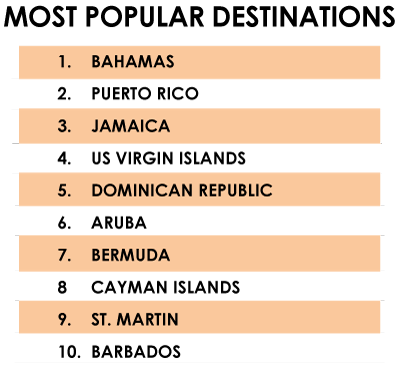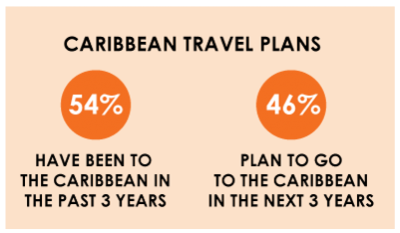 More than 90 percent of American travelers agreed they should fess up to traveling with prohibited items, according to research from the UF/IFAS Center for Public Issues Education.
More than 90 percent of American travelers agreed they should fess up to traveling with prohibited items, according to research from the UF/IFAS Center for Public Issues Education.
 The Travelers Don’t Pack a Pest program, a partnership among the U.S. Department of Agriculture, U.S. Customs and Border Protection and Florida Department of Agriculture and Consumer Services, began in 2010 to safeguard agriculture by educating travelers about the risks of introducing invasive species associated with transporting plants and produce when traveling abroad.
The Travelers Don’t Pack a Pest program, a partnership among the U.S. Department of Agriculture, U.S. Customs and Border Protection and Florida Department of Agriculture and Consumer Services, began in 2010 to safeguard agriculture by educating travelers about the risks of introducing invasive species associated with transporting plants and produce when traveling abroad.
PIE Center researchers distributed an online survey to travelers nationwide who were planning to or had traveled to the Caribbean to gauge the public perceptions of the Travelers Don’t Pack a Pest program. More than 1,000 U.S. residents age 18 years and older completed the survey.
Nearly all respondents acknowledged the need to declare prohibited items, and 88 percent agreed or strongly agreed they should declare items that are subject to inspection. Further, 85 percent agreed or strongly agreed that they should declare agricultural items when  returning from overseas, because the
returning from overseas, because the
items could contain harmful pests and diseases.
More than half of American travelers said they had been to the Caribbean in the past three years, with the Bahamas, Puerto Rico and Jamaica as the top destinations. About 40 percent travel outside of the U.S. every two to four years, with 27 percent traveling abroad annually. Residents’ preferences for method of travel were split evenly between airplanes and cruise ships.
Media contact: Alexa Lamm, alamm@ufl.edu or 352-392-6545



















